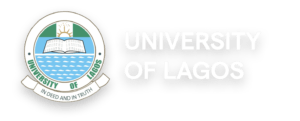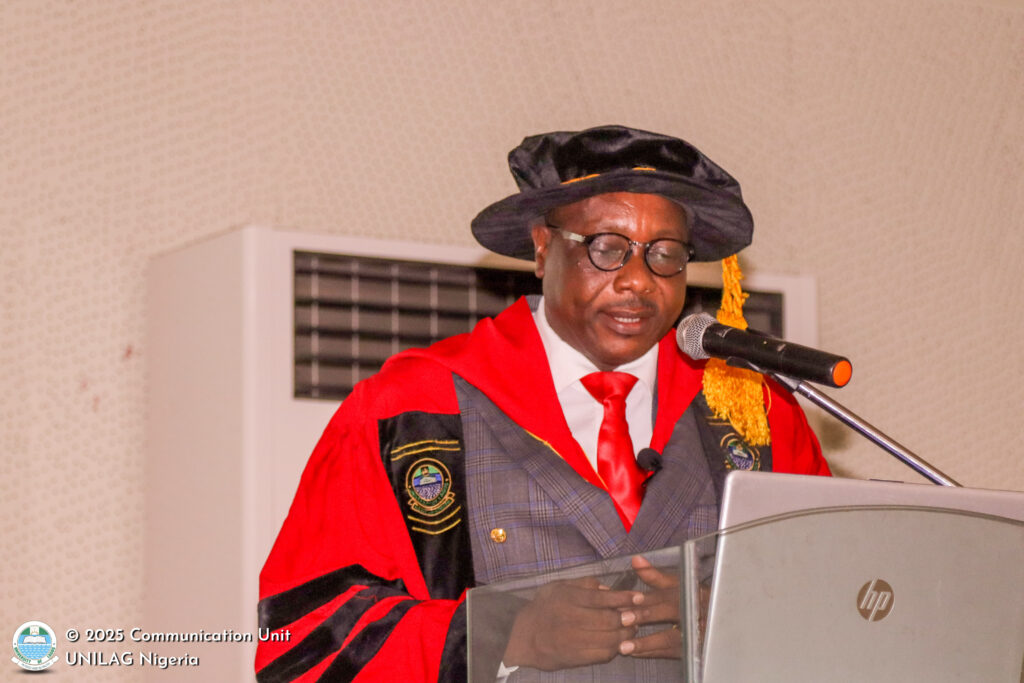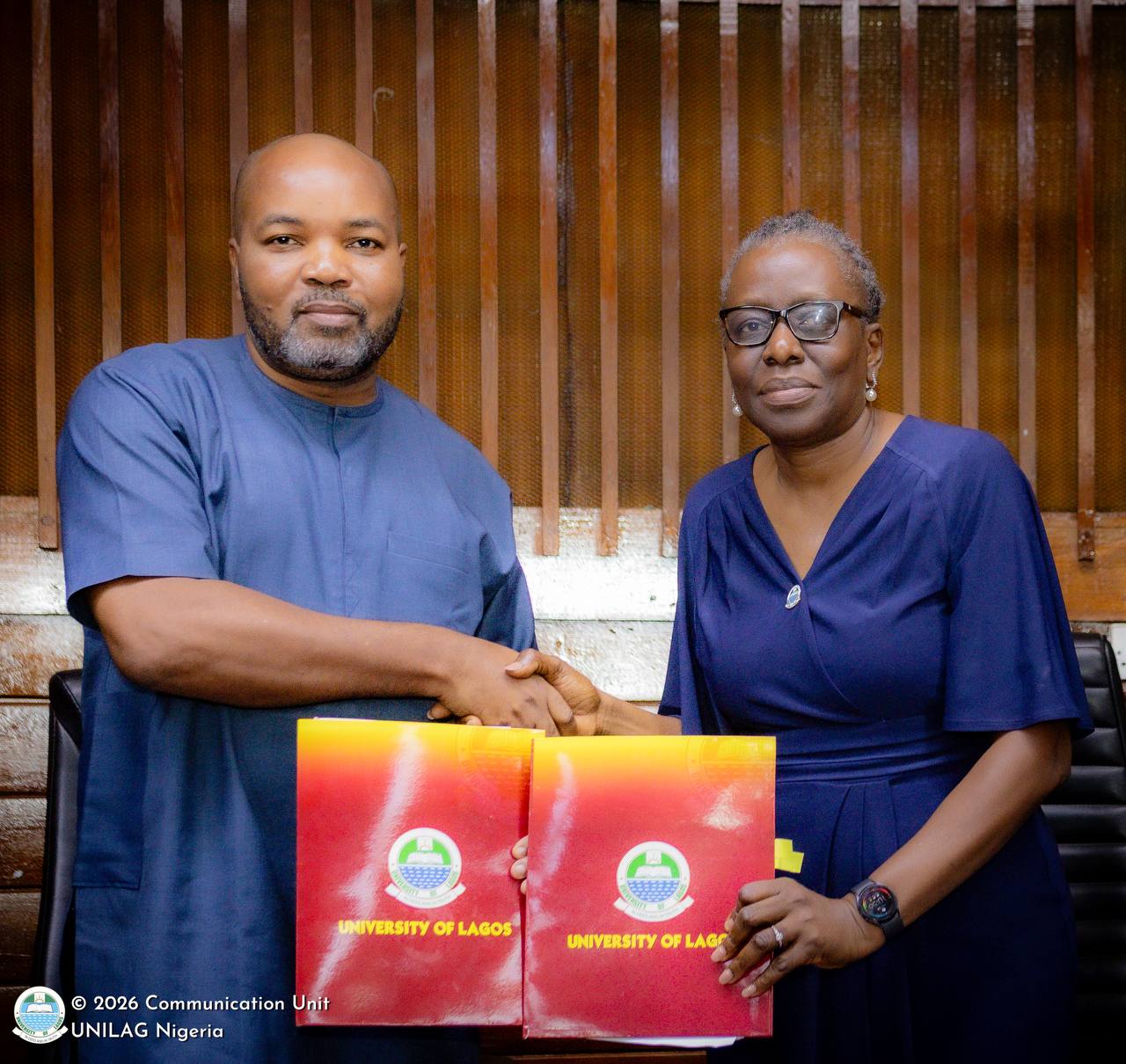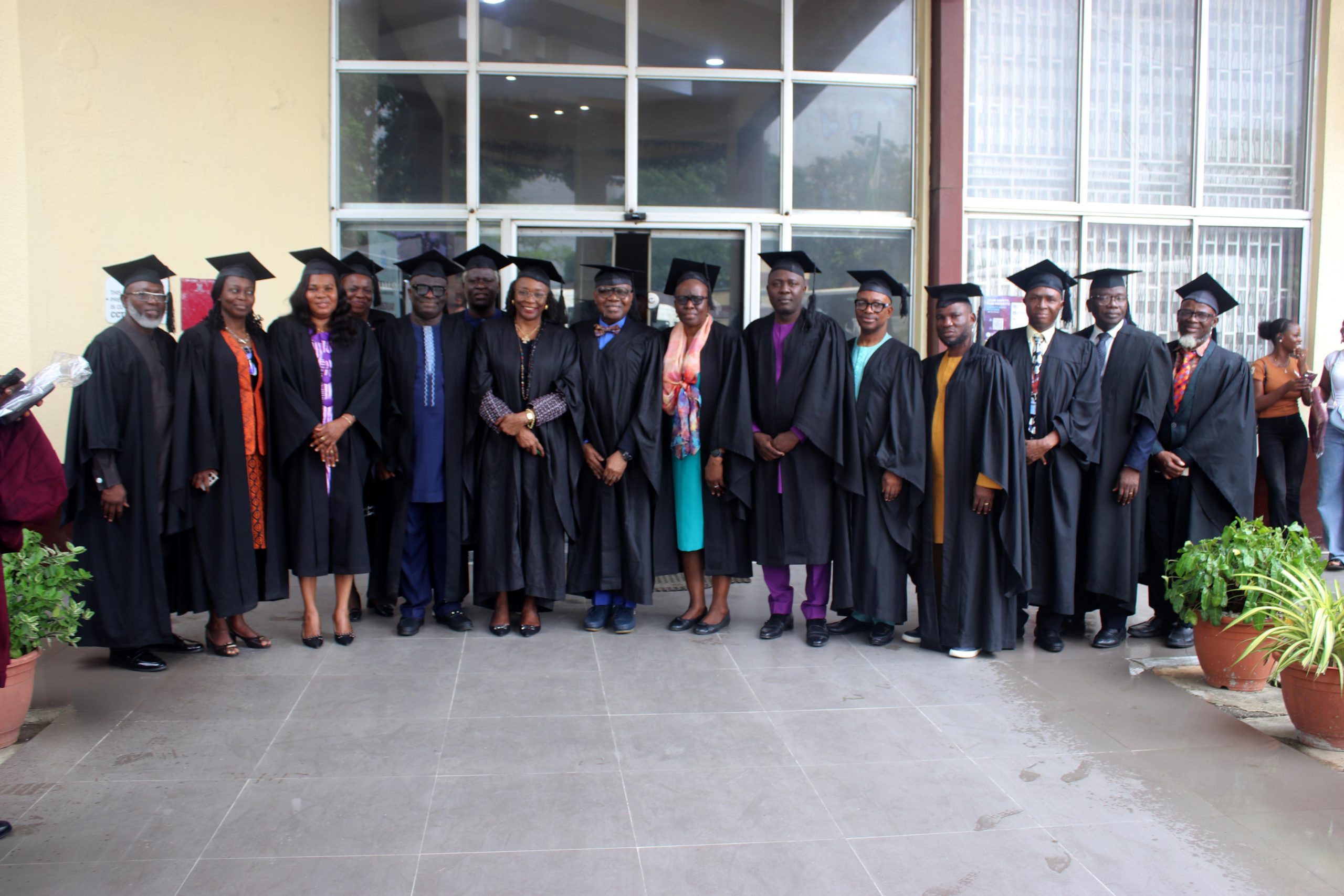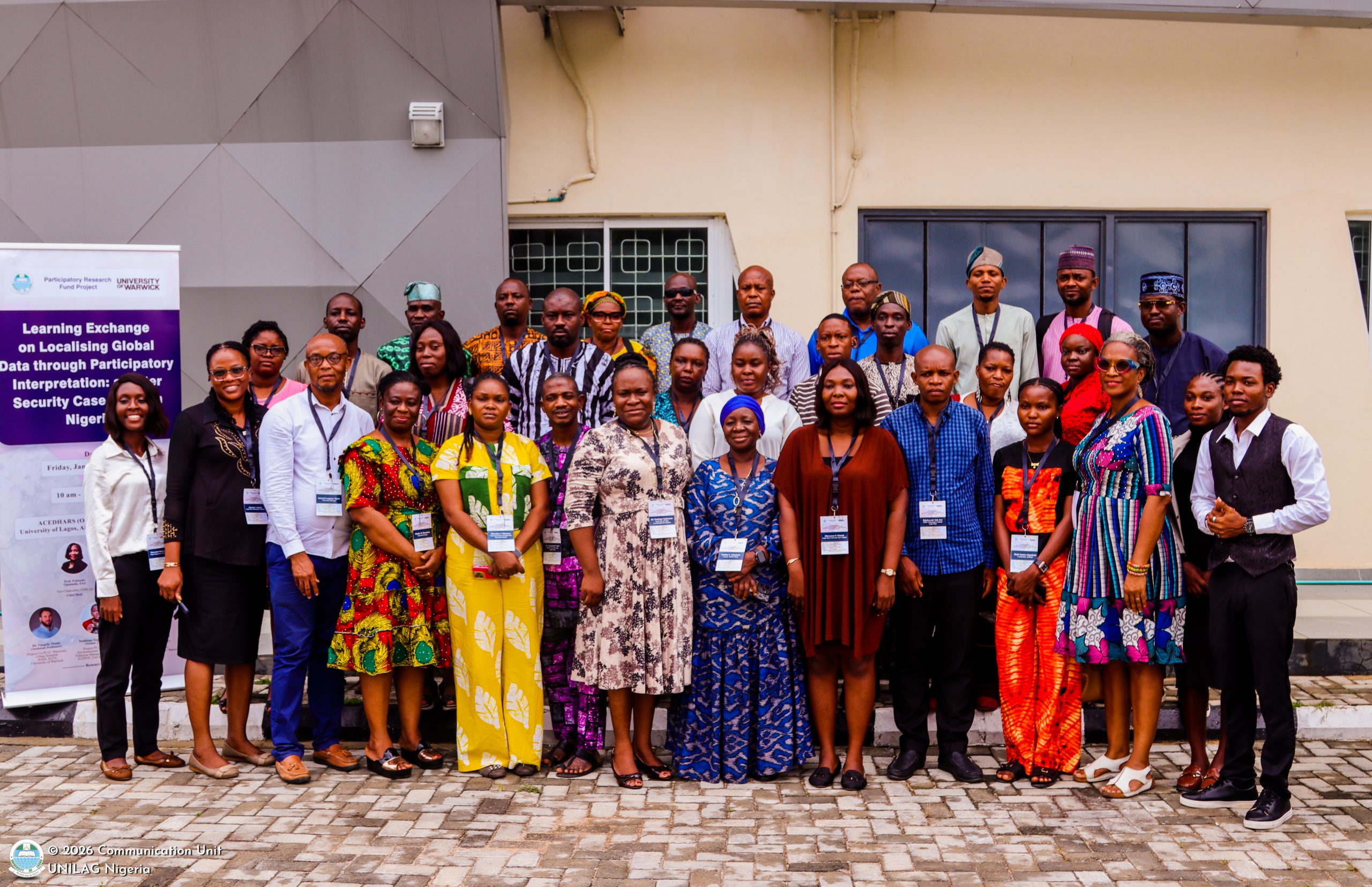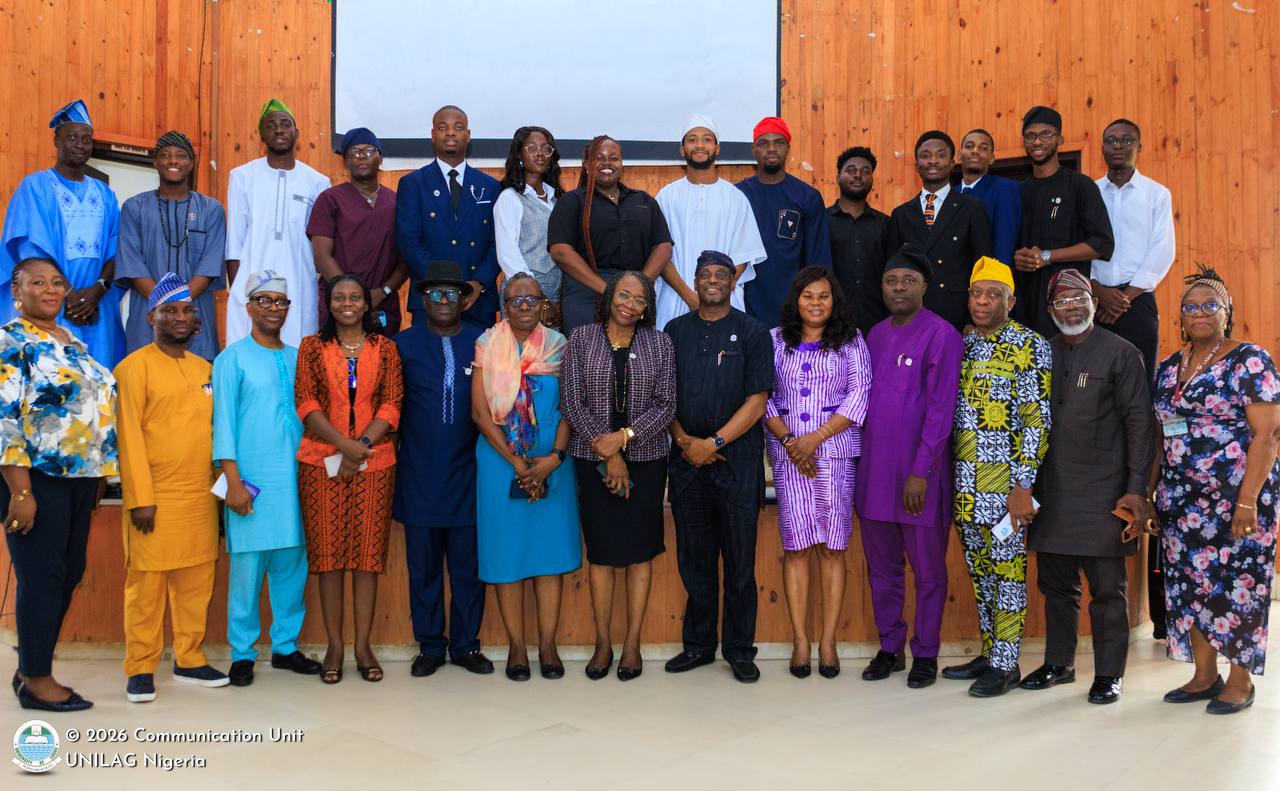Professor Babatunde Wasiu Adeoye of the Department of Economics, University of Lagos has called for a sweeping transformation of Nigeria’s economic strategy, warning that the nation will remain stuck in a “miry clay” of stagnation and decline without urgent and coordinated reforms.
He gave the charge on Wednesday, July 9, 2025 while delivering his Inaugural Lecture titled, Navigating the Miry Clay: Engaging a 3-by-5 Auxiliary Gear System at the Nurudeen Alao Auditorium of the Distance Learning Institute, UNILAG.
The lecture, the 17th in the 2024/2025 Academic Session, served as both a cautionary note and a rallying cry for policymakers and economic managers to take proactive steps in getting Nigeria back on the track of productivity and prosperity.
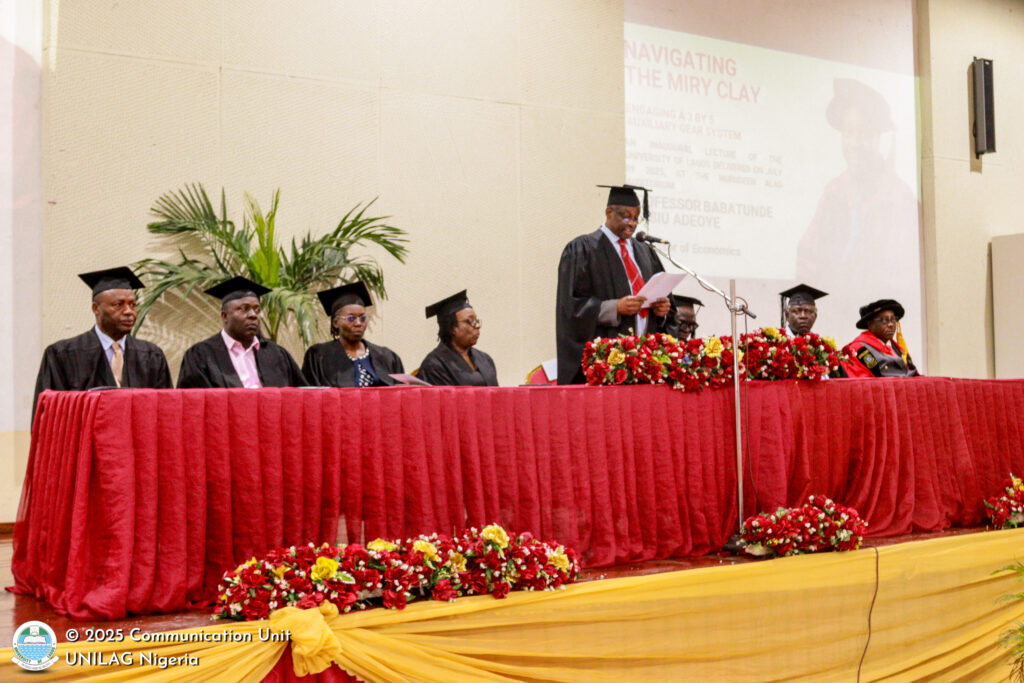
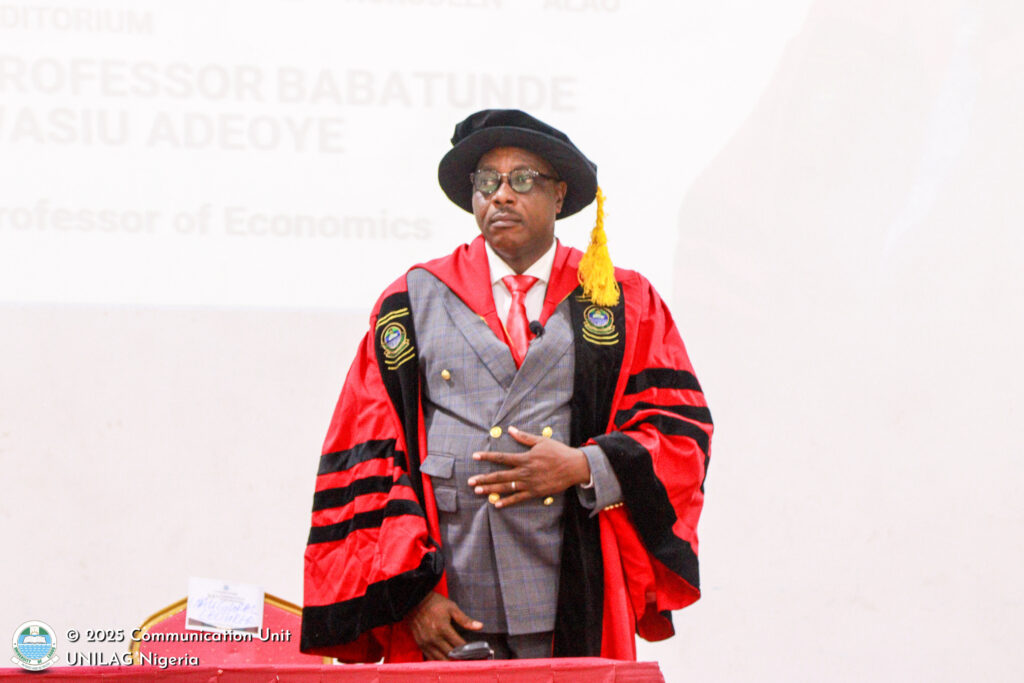
In an innovative presentation that blended spiritual imagery with economic analysis, Professor Adeoye described the Nigerian economy as trapped in conditions akin to the biblical “miry clay,” a metaphor from Psalm 40:2 symbolizing a sticky and immobilising crisis.
According to him, a “Miry Clay Economy” is characterized by high inflation and currency devaluation, declining investment and productivity, widespread unemployment and poverty, overdependence on primary commodities, pervasive corruption, institutional weaknesses and mounting debt.
In his words, “These features clearly describe the Nigerian economy today and without a deliberate and systematic approach, we risk sinking further into stagnation.”
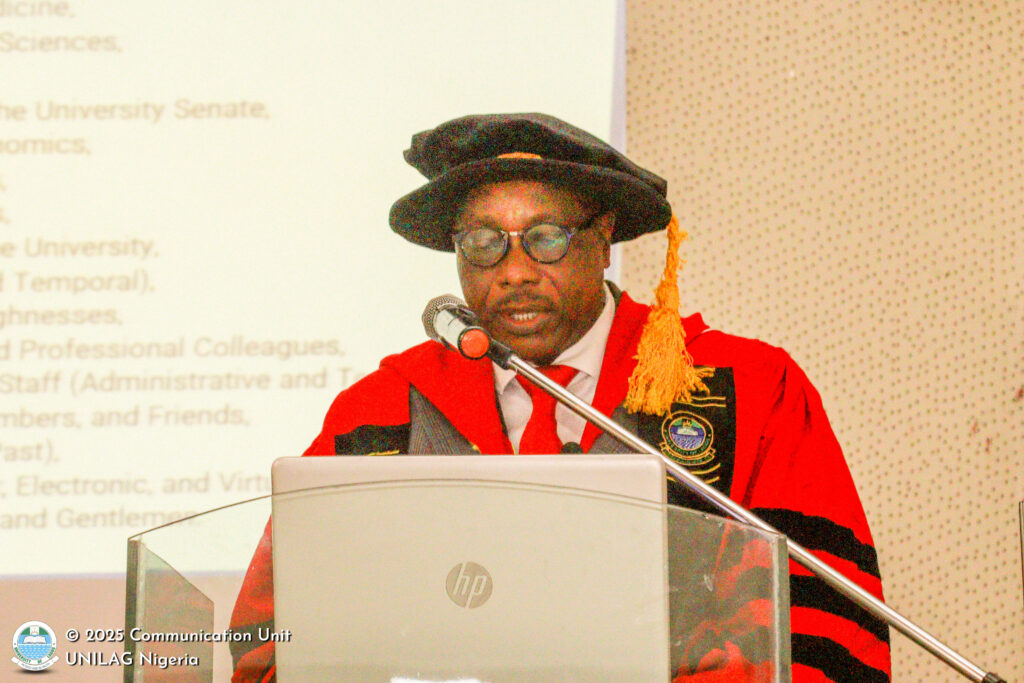

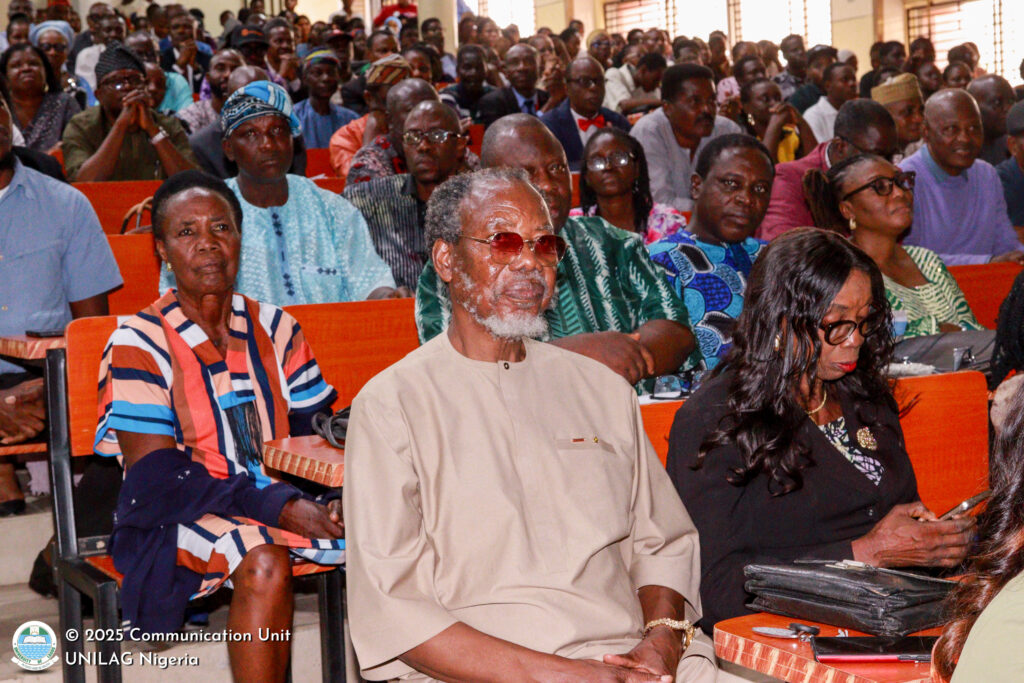
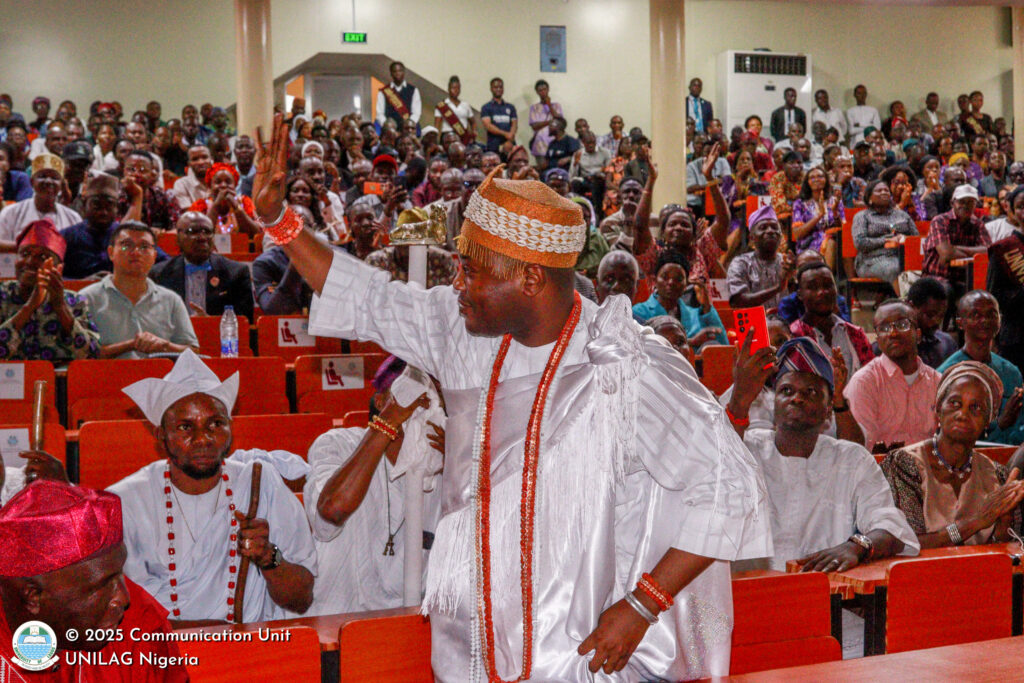
The Professor of Financial Economics and Macro Policy Analysis proposed what he called the “3-by-5 auxiliary gear philosophy,” a framework designed to propel Nigeria towards “a Prosperity Hub Economy.”
He explained that this strategy focuses on three priority sectors: Agriculture, Manufacturing, and Services, including Technology and Tourism, all supported by five “Auxiliary Gear Systems”:
• Infrastructure development spanning transportation, energy and water.
• Human capital development in education, healthcare and skills training.
• Institutional reforms targeting corruption and regulatory bottlenecks.
• Innovation and technology advancement.
• International cooperation and trade promotion.
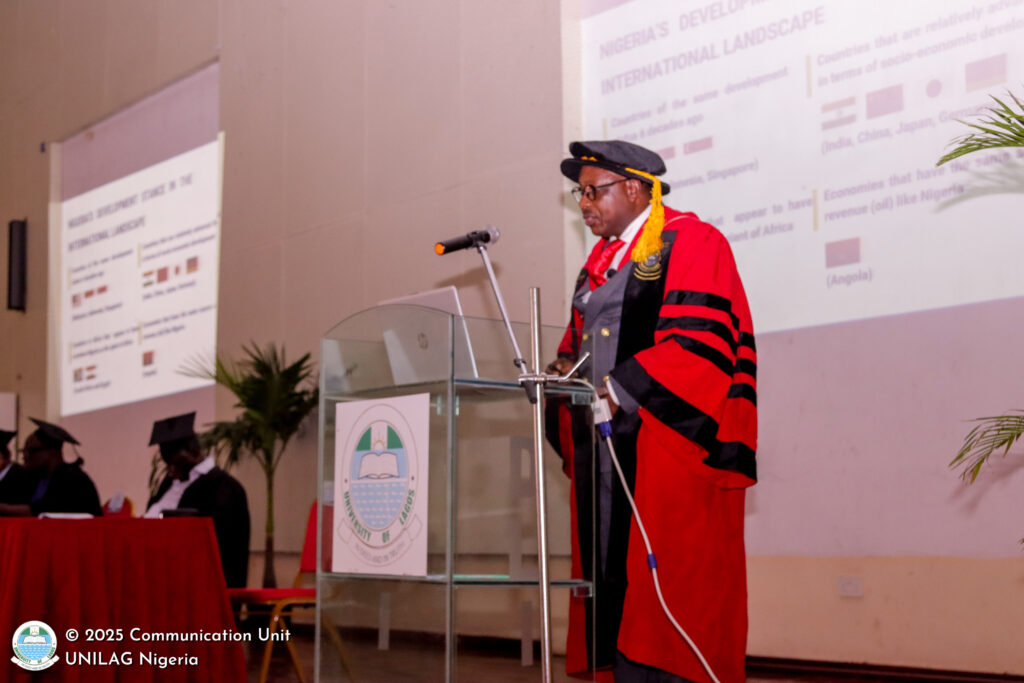
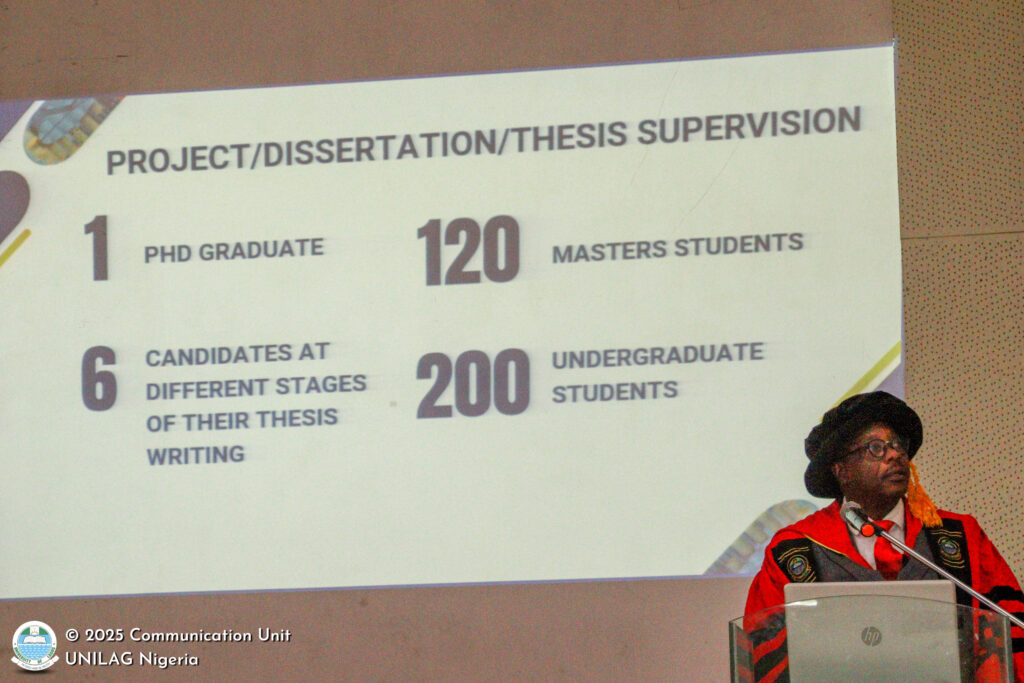
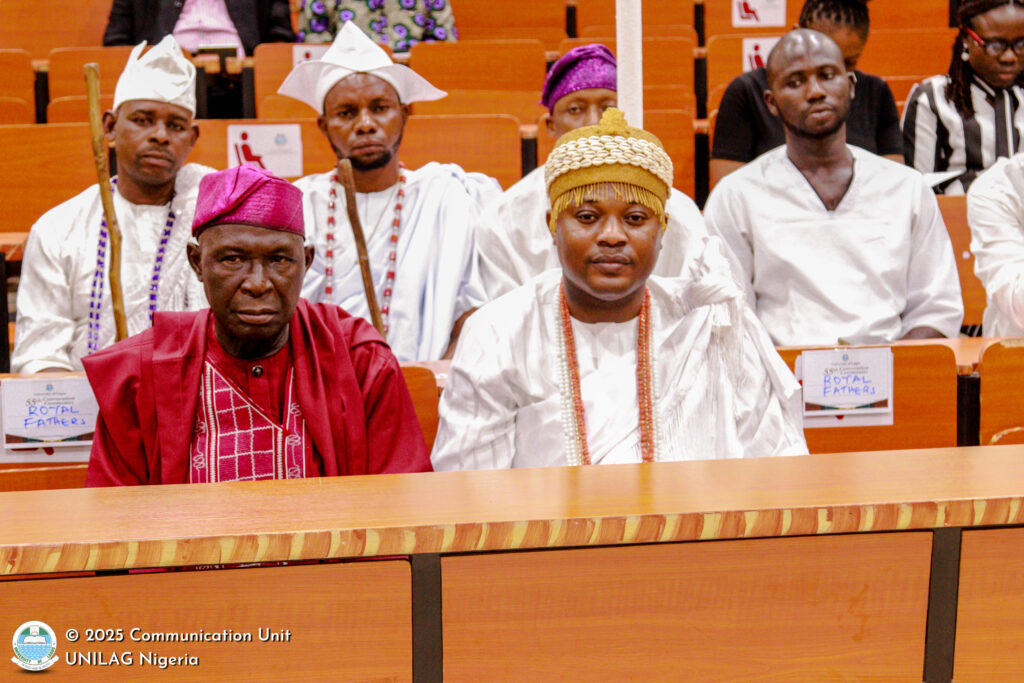
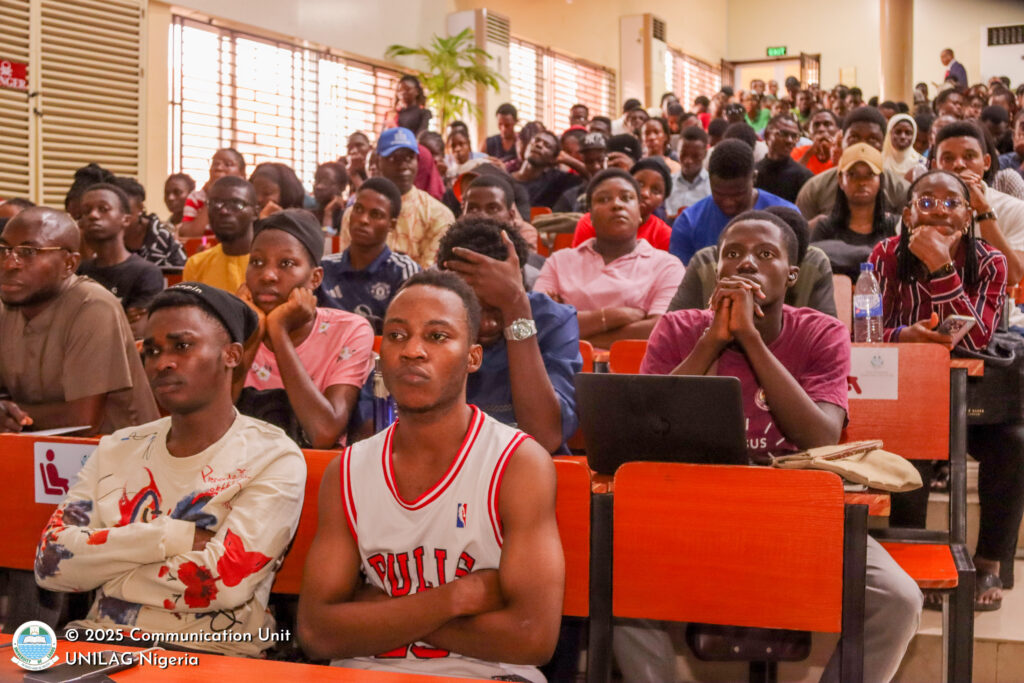
Professor Adeoye argued that the coordinated application of these measures would create an economy marked by sustainable growth, robust diversification, innovation, effective institutions, modern infrastructure and a strong focus on reducing poverty and inequality.
He affirmed that “the only panacea to our economic conundrum is to engage this comprehensive approach,” and warned that unless Nigeria follows the trajectory suggested by the 3-by-5 Auxiliary Gear model, her economic development prospects will remain an illusion.
Professor Adeoye concluded his lecture on a hopeful note. “This miry clay is not inevitable,” he said. “With vision and commitment, Nigeria can emerge as a dynamic, inclusive and prosperous economy.”
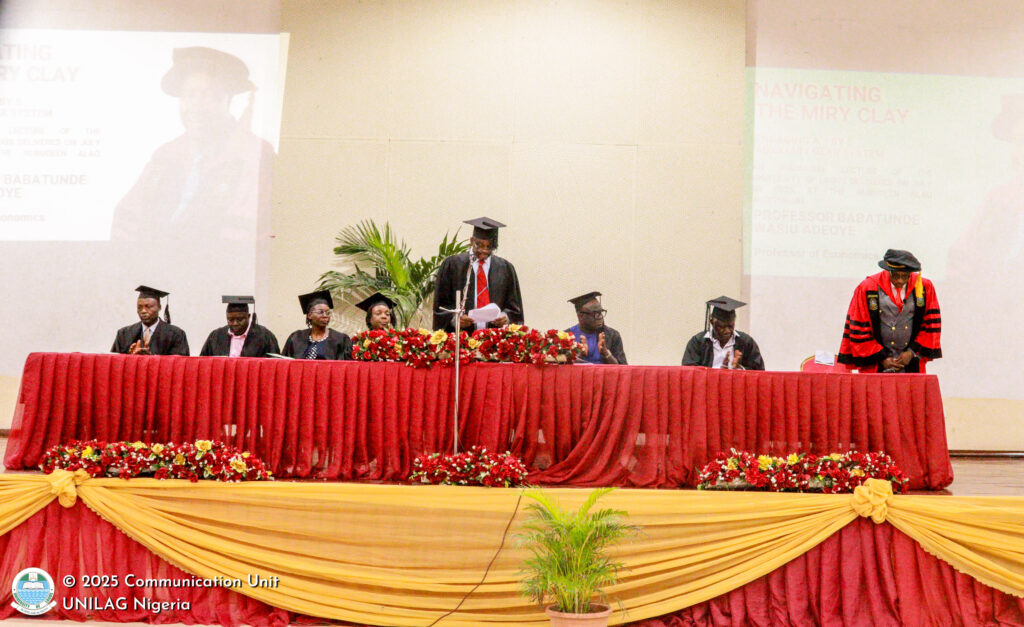
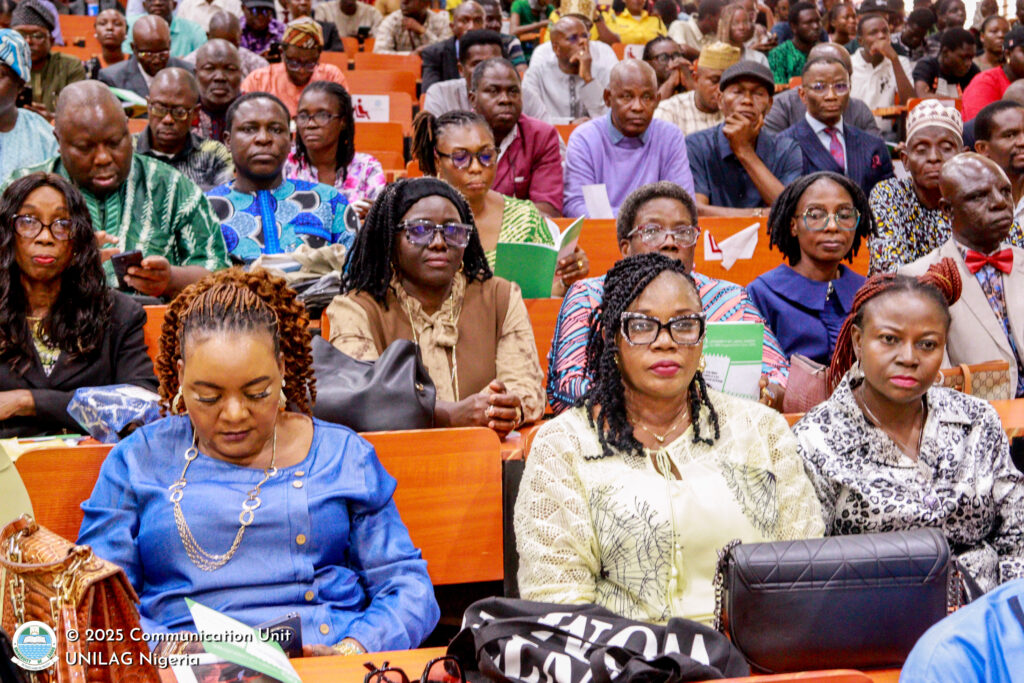
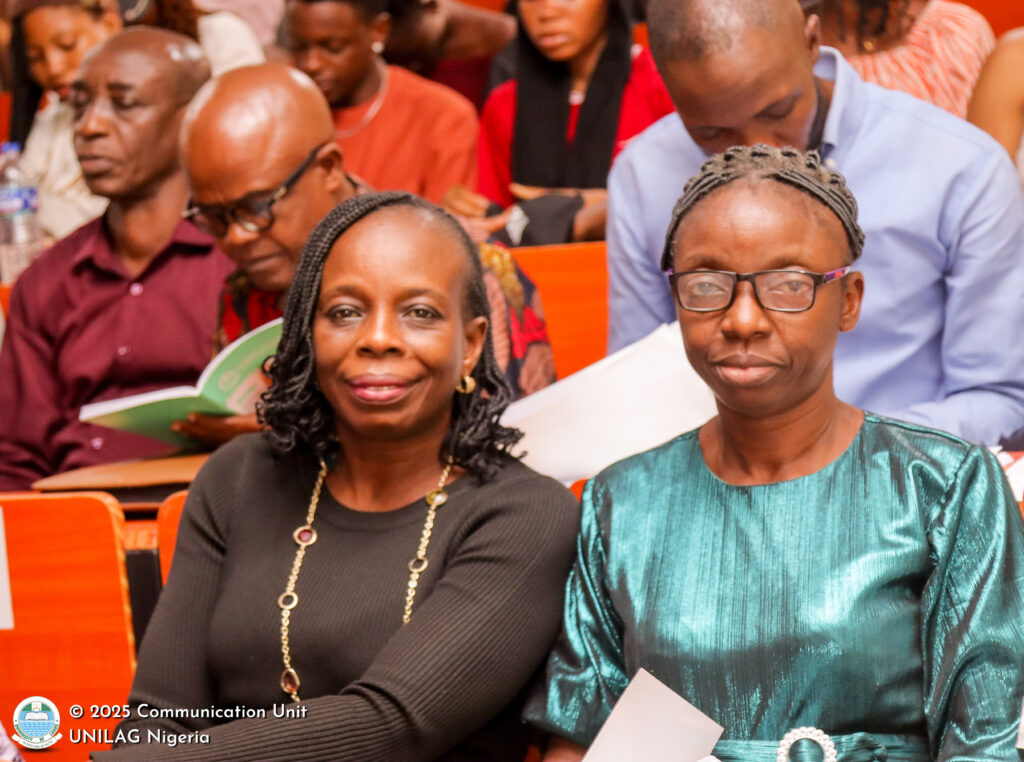
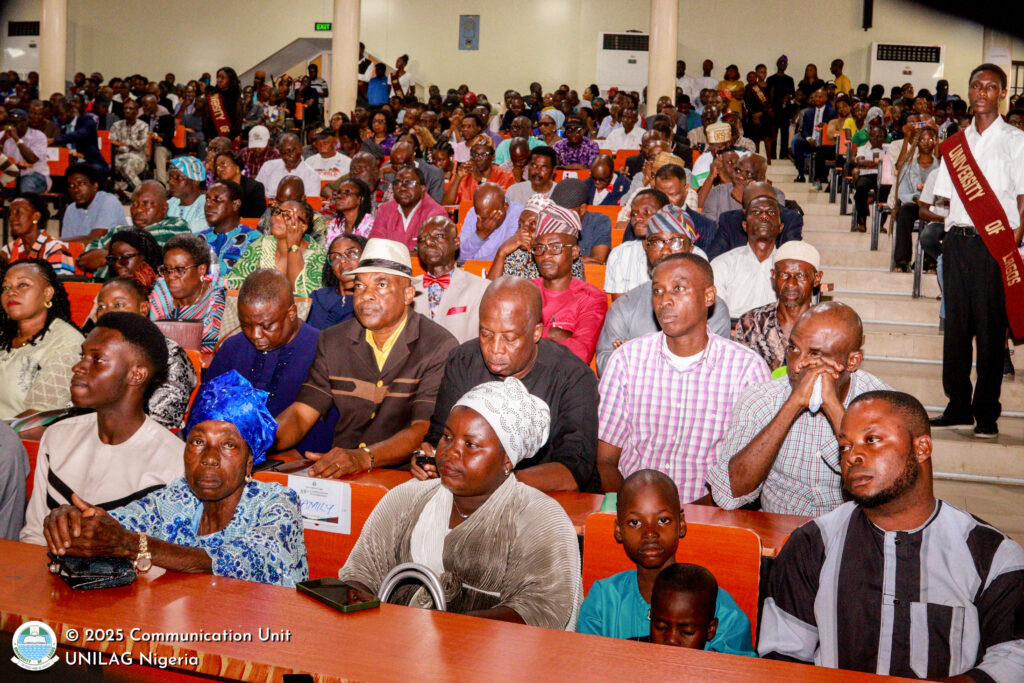
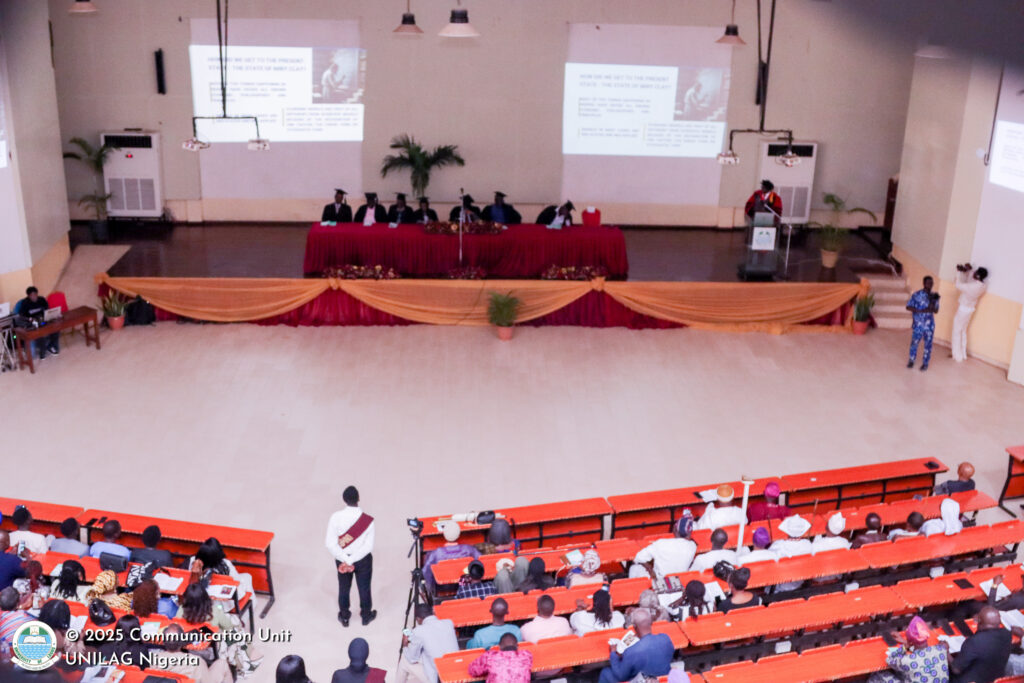
About Professor Babatunde Wasiu Adeoye
Professor Babatunde Wasiu Adeoye was born on January 1, 1972, into the family of Pa AbdulGaniyu Adeoye and Mrs. Afusat Omolola Adeoye of the Alagbon Compound in Gbongan, Osun State.
He holds a Bachelor of Science (B.Sc.) degree and Master of Science (M.Sc.) degree in Economics, from the University of Ibadan in 1995 and 1998 respectively. Thereafter, he moved to the University of Lagos where he earned his Doctor of Philosophy (Ph.D.) in Economics with an award-winning thesis titled Macroeconomic Policy “Shocks” and Exchange Rate Volatility in Nigeria (1986–2009).
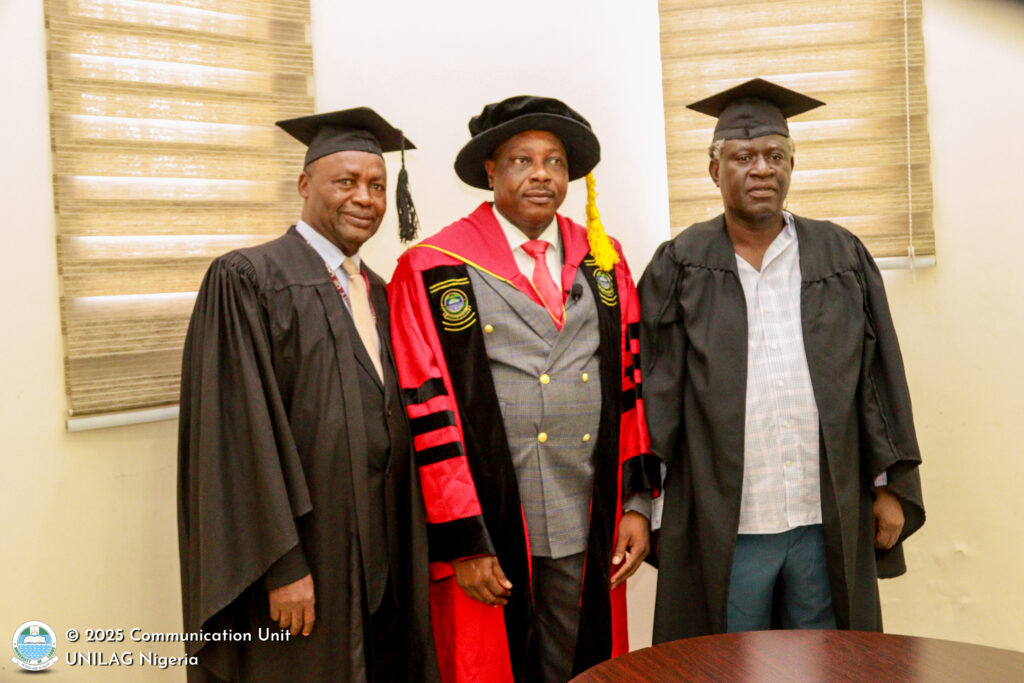
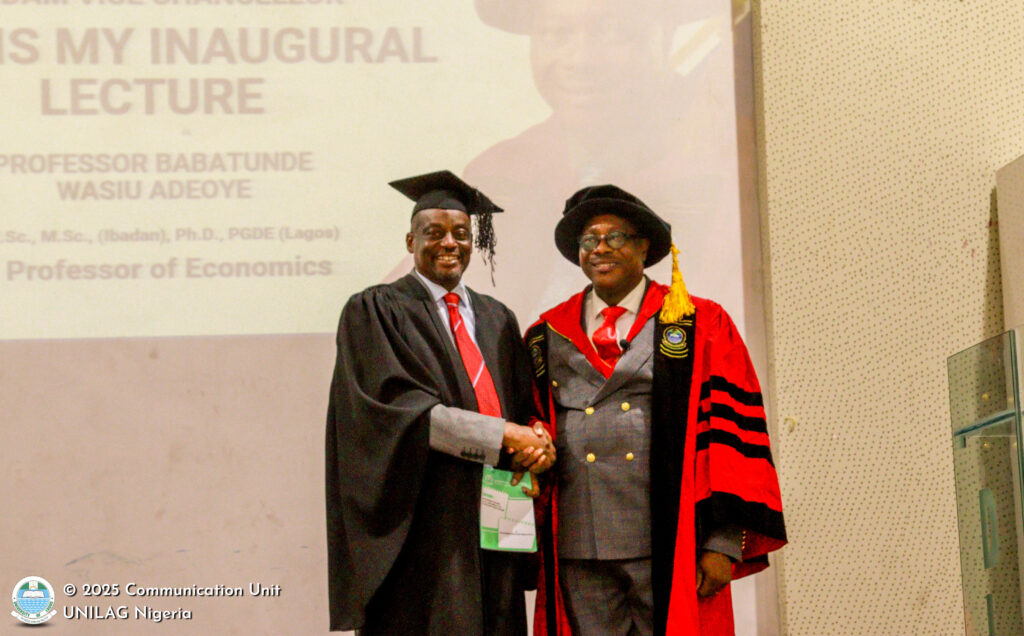
A young Adeoye began his professional journey at the Nigerian Institute of Social and Economic Research (NISER), Ibadan, as a Junior Research Fellow and rose to the position of Research Fellow I over the course of nine years. In June 2009, he joined the services of University of Lagos as Lecturer I, rising through the ranks to become a Professor in 2021.
Within the University, he has held several leadership roles such as Sub-Dean of the Faculty of Social Sciences from 2013 to 2015; pioneer Managing Editor of the Journal of Economics and Policy Analysis from 2016 to 2020; Chairman of the Postgraduate Teachers Committee and Vice Chairman of the Academic Planning Committee of the School of Postgraduate Studies.
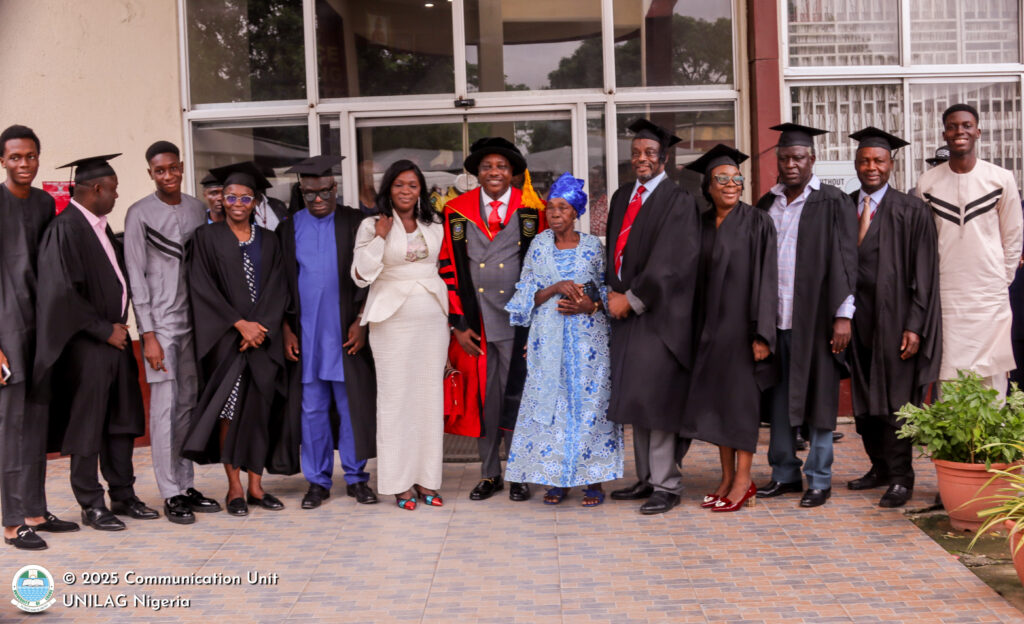
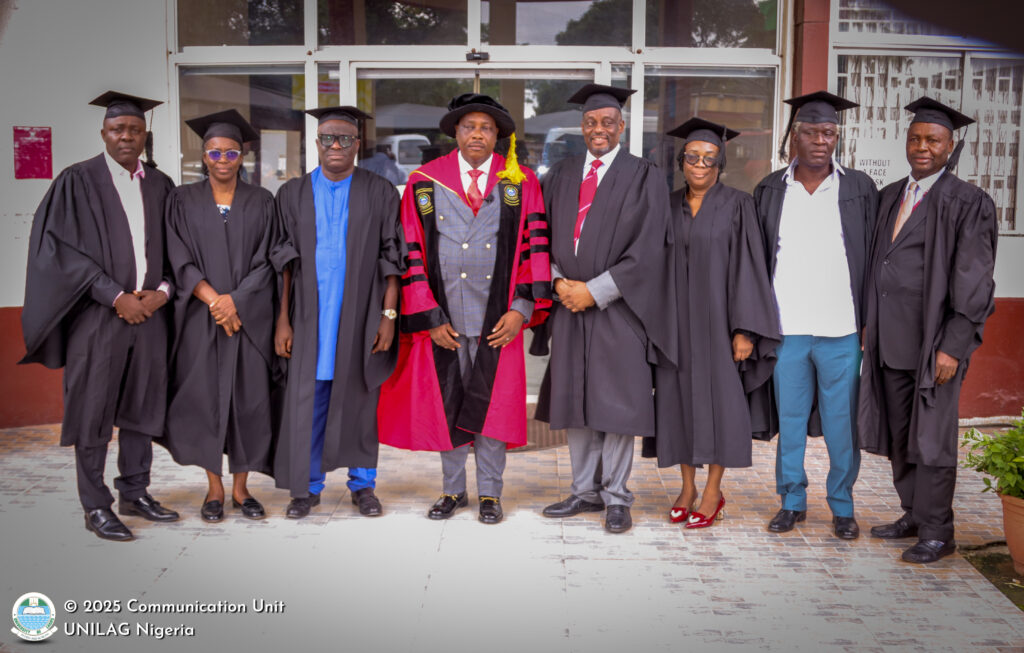
With over ninety (90) publications, Professor Adeoye’s expertise extends well beyond the University of Lagos. He has collaborated with international organizations such as the World Health Organization, John Hopkins University, the African Economic Research Consortium, the International Development Research Centre, United States Agency for International Development, the European Union, and the World Bank.
He is married and blessed with children.
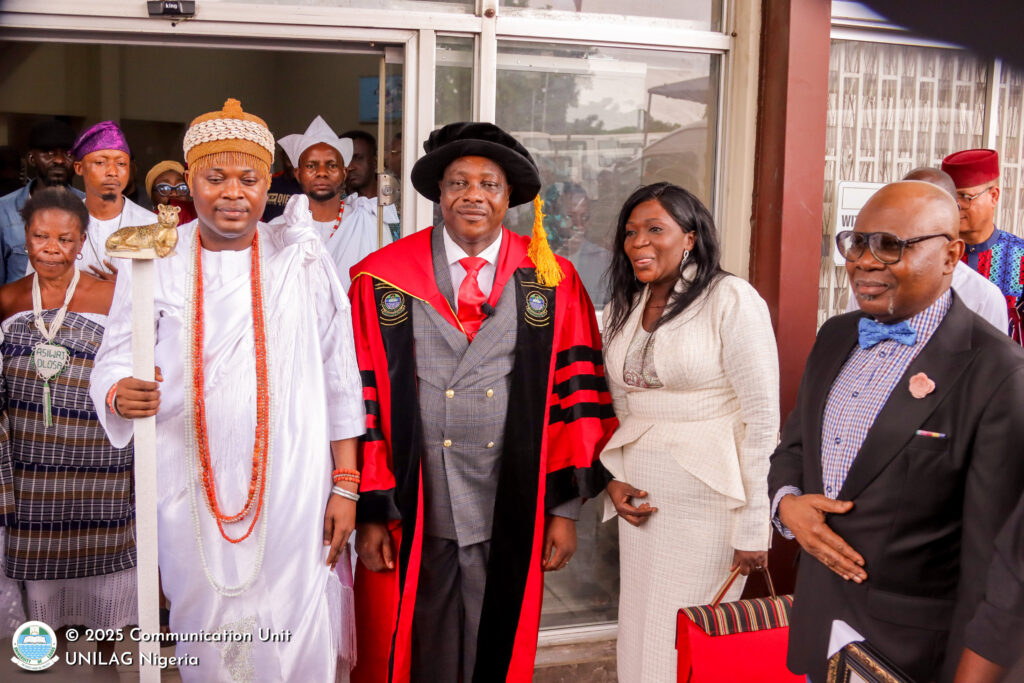
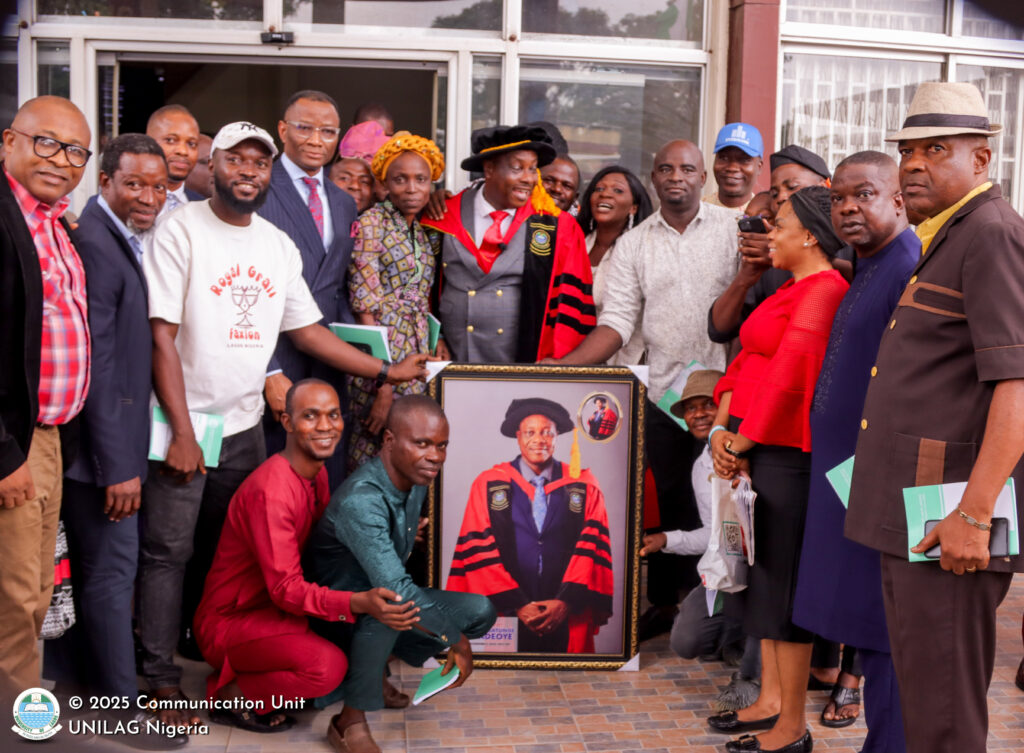
Report: Isaiah Kumuyi
Photography: Joshua Michael
